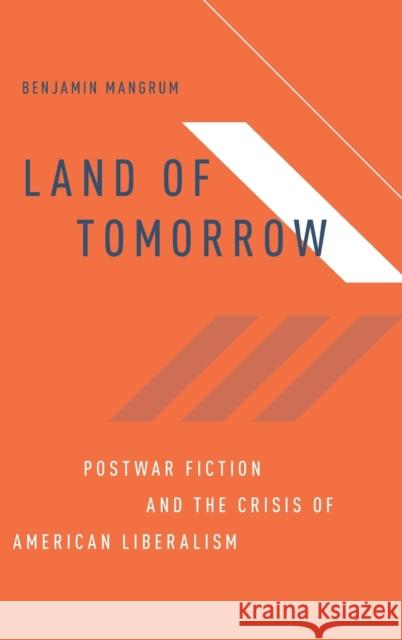Land of Tomorrow: Postwar Fiction and the Crisis of American Liberalism » książka
topmenu
Land of Tomorrow: Postwar Fiction and the Crisis of American Liberalism
ISBN-13: 9780190909376 / Angielski / Twarda / 2018 / 216 str.
Land of Tomorrow: Postwar Fiction and the Crisis of American Liberalism
ISBN-13: 9780190909376 / Angielski / Twarda / 2018 / 216 str.
cena 386,72
(netto: 368,30 VAT: 5%)
Najniższa cena z 30 dni: 377,34
(netto: 368,30 VAT: 5%)
Najniższa cena z 30 dni: 377,34
Termin realizacji zamówienia:
ok. 30 dni roboczych
Bez gwarancji dostawy przed świętami
ok. 30 dni roboczych
Bez gwarancji dostawy przed świętami
Darmowa dostawa!
Kategorie:
Kategorie BISAC:
Wydawca:
Oxford University Press, USA
Język:
Angielski
ISBN-13:
9780190909376
Rok wydania:
2018
Ilość stron:
216
Waga:
0.41 kg
Wymiary:
23.62 x 16.26 x 2.29
Oprawa:
Twarda
Wolumenów:
01
Dodatkowe informacje:
Bibliografia











